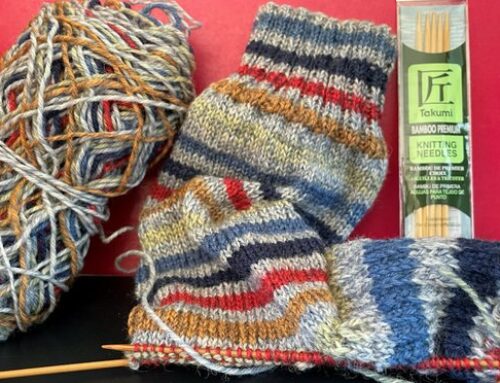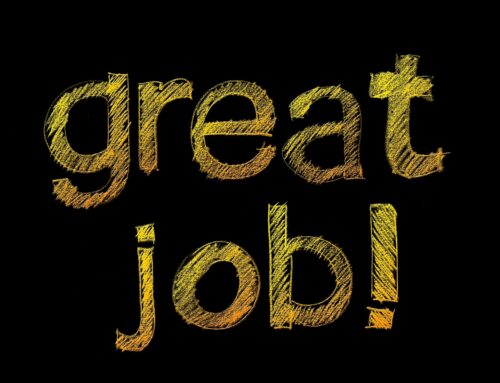As Joseph Campbell said, “The privilege of a lifetime is being who you are.”
It is never too early or late to discern preferences, natural talent and hone in on areas of innate ability. Whether you are a student, young professional or someone who mentors, teaches or coaches, pay attention to essential inclinations. They tell the story of who we are and what we should be doing. It may be very different from what your parents, bosses and intellect say, but since you cannot change your temperament, it is a much better strategy to work with it.
Temperament theory has been around for a long time. In 340 B.C., Plato described four temperaments: artistic, sensible, intuitive and reasoning. The Greek physician Hippocrates in 370 B.C. also identified four fundamental personality types, and centuries later Swiss psychiatrist Carl Jung identified four archetypes that formed the basis for the Myers-Briggs Type Indicator (MBTI) assessment developed by Katharine Cook Briggs and her daughter, Isabel Briggs Myers. The MBTI assessment is a questionnaire designed to measure psychological preferences in how people perceive the world and make decisions. Myers and Briggs began creating the indicator in the 1940s and it is now one of the most widely used assessments in leadership and executive training programs and coaching.
In “Please Understand Me,” David Keirsey and Marilyn Bates write that attempting to sculpt ourselves or others into a different type is a largely fruitless quest: “Of course, some change is possible, but it is a twisting and distortion of underlying form. Remove the fangs of a lion and behold a toothless lion, not a domestic cat. Our attempts to change spouse, offspring or others can result in change, but the result is a scar and not a transformation.”
Personality type information reveals important and natural differences between people and can be used to understand others as well as position them and ourselves to achieve maximum potential. Keirsey and Bates caution that before you can gain appreciation of others, you must first study yourself. “If you don’t have yourself accurately portrayed, no way can you portray anyone else accurately.”
It is equally important to figure out your natural talents and abilities. In “StrengthsFinder 2.0,” Tom Rath writes about what he calls a “misguided maxim” that “you can be anything you want to be, if you just try hard enough.” Who among us has not believed that at some point? It is not uncommon that the managing partners of law firms are the most gifted litigators or rainmakers. But how much do they know about managing and motivating others? Rath posits that such people could likely maximize their contribution by staying in a role where they naturally excel. He is not promoting career stagnation, but instead advocates “allowing for an entire career of progression within a specific role that fits our talents.”
Rath worked with a team of Gallup scientists who had studied human strengths for 40 years. He writes: “We were tired of living in a world that revolved around fixing our weaknesses. Society’s relentless focus on people’s shortcomings had turned into a global obsession. What’s more, we had discovered that people have several times more potential for growth when they invest energy in developing their strengths instead of correcting their deficiencies.”
Think about that. Have you been evaluated in areas of weakness and instructed to get training for skills in which you have shown no interest or aptitude? I worked with a young attorney who was smart, creative, resourceful, imaginative, tenacious and dedicated to getting great results. Her boss felt that her verbal expression was too evocative of the “street” and wanted her to take elocution lessons. This dispirited her greatly and led to a lot of grousing. “Can you believe that?” she kept repeating. He ignored the gold mine of potential available for development in this associate, instead focusing on one perceived weakness and pressed her to do something that she dreaded and that could, in some ways, negatively affect her. In the end, she chose to leave the firm and find a place where her gifts were valued.
In 13 years of doing jury trials, I can attest that my opponents did not always speak the King’s English, many had poor grammar, accents that identified their cultural background, and used colorful language to get their points across. It never seemed to bother juries and, in fact, my observation is that it helped. These lawyers were their authentic selves and it resonated with the most important people in a trial: the jury.
Rath writes that when you are not playing to your strengths, you are six times less likely to be engaged at work and will “dread going to work, have more negative than positive interactions with your colleagues, treat your customers poorly, tell your friends what a miserable company you work for, achieve less on a daily basis and have fewer positive and creative moments.”
As you read this, you may be working on an assignment that you hate or in a job that you took because it was there and you needed one. All experiences are opportunities for collecting data. Resist the inclination to burrow in and just do it. The longer you do, the more you cement yourself, requiring excavation when you decide to extricate. If you pay attention, it will inform your ability to make good choices in the future and guide yourself in a direction that suits you.
Do you like writing? Public speaking? Being in the spotlight or working behind the scenes? Are you happiest when researching or do you prefer to be the one delivering the results to an audience? Consider taking some formal assessments—they will help identify blind spots.
Developing your natural talents and preferences is not only more satisfying, it will also lead to greater achievement and success. Instead of being a toothless lion, find ways to sharpen those fangs. Starting today, discern and capitalize on your natural strengths and innate gifts.
Reprinted with permission from the February 19, 2015 edition of “The Legal Intelligencer” © 2015 ALM Media Properties, LLC. All rights reserved. Further duplication without permission is prohibited. For information, contact 877-257-3382, reprints@alm.com or visit www.almreprints.com.







